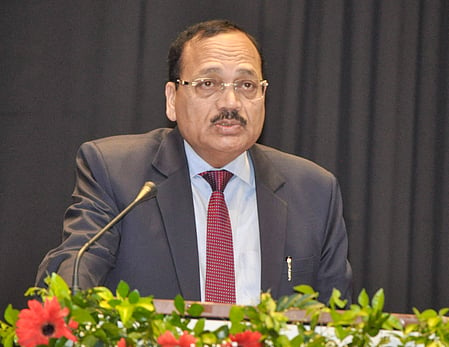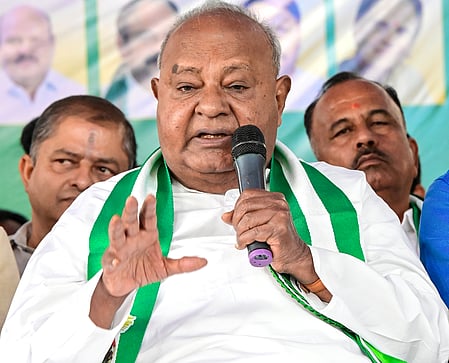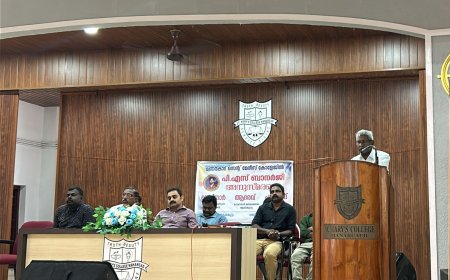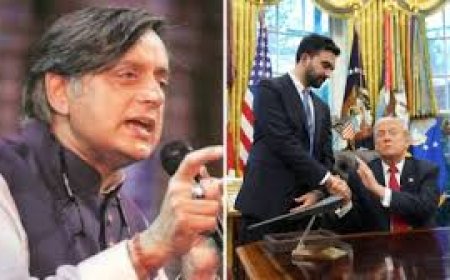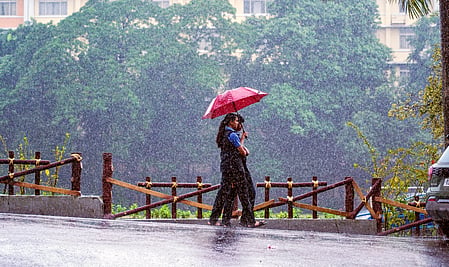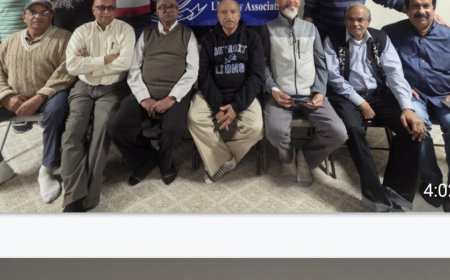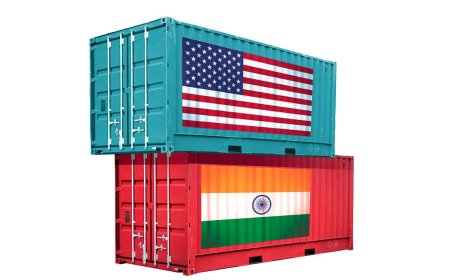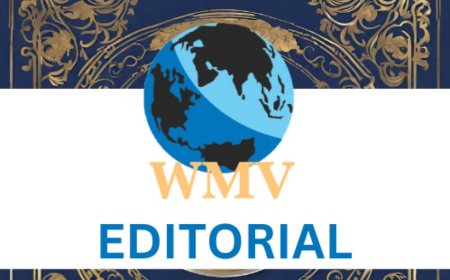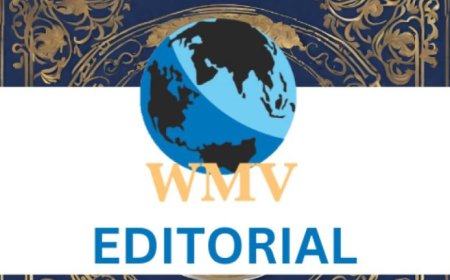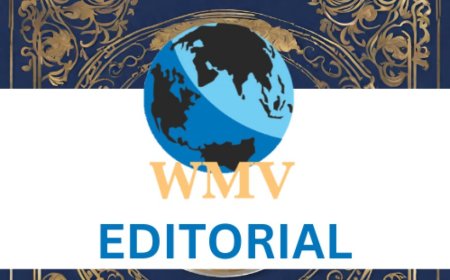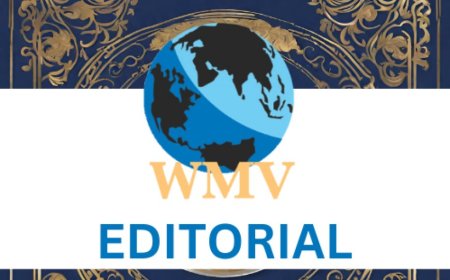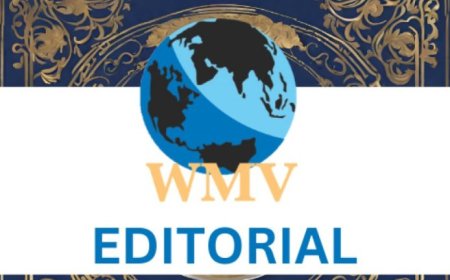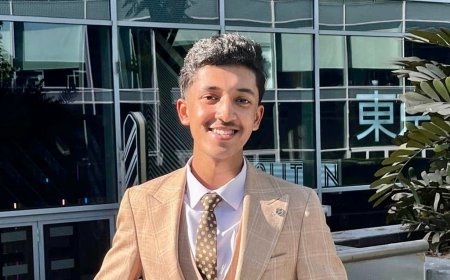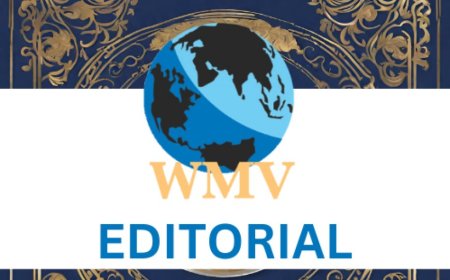US judge blocks Donald Trump’s citizenship proof rule for voter registration — calls it unconstitutional
A US judge rules Trump lacked authority to require citizenship proof on federal voter forms, calling it an unconstitutional power grab.

A US federal judge has ruled that former President Donald Trump’s attempt to require documentary proof of citizenship for federal voter registration cannot be enforced, marking a significant legal defeat for the administration’s efforts to reshape election laws.
What did the US court rule?
In a decision issued on Friday, US District Judge Colleen Kollar-Kotelly in Washington, DC, sided with Democratic and civil rights groups that had sued the Trump administration over the March executive order mandating an overhaul of federal election procedures.
The judge ruled that the proof-of-citizenship directive violated the separation of powers under the US Constitution, which delegates the regulation of elections to Congress and the states, not the President.
“Because our Constitution assigns responsibility for election regulation to the States and to Congress, this Court holds that the President lacks the authority to direct such changes,” Kollar-Kotelly wrote in her opinion.
She added that when it comes to setting qualifications for voting or federal election regulations, “the Constitution assigns no direct role to the President in either domain.”
What does this mean for voters in US?
The ruling permanently blocks the US Election Assistance Commission from taking any steps to add a proof-of-citizenship requirement to the federal voter registration form. It grants plaintiffs a partial summary judgment, ensuring that the measure cannot take effect.
The American Civil Liberties Union (ACLU), which was among the plaintiffs, celebrated the decision.
“This is a clear victory for our democracy,” said Sophia Lin Lakin of the ACLU. “President Trump’s attempt to impose a documentary proof of citizenship requirement on the federal voter registration form is an unconstitutional power grab.”
The court’s decision also echoes Kollar-Kotelly’s earlier remarks from when she issued a preliminary injunction, signalling a consistent judicial stance against Trump’s executive order.
Why did Trump push for proof of citizenship?
Trump and his allies have long claimed that stricter voting requirements are necessary to restore public confidence in US elections and prevent noncitizen voting. However, multiple studies and state-level investigations have consistently found that voting by noncitizens is extremely rare.
Republicans have attempted to implement similar requirements across several states, but the initiatives have faced repeated legal setbacks. A bill passed in the US House of Representatives last spring has since stalled in the Senate.
Have such laws caused problems before?
Yes. State-level experiments with proof-of-citizenship laws have often led to confusion and voter disenfranchisement.
In New Hampshire, the new rule created hurdles for voters — particularly for married women who changed their names, as they were required to present multiple documents such as birth and marriage certificates in addition to photo ID.
In Kansas, a proof-of-citizenship requirement that lasted for three years led to chaos before being overturned by a federal court. Roughly 30,000 eligible voters were reportedly prevented from registering during that period.
What happens next?
While this ruling bars Trump’s administration from enforcing the citizenship proof mandate, the wider lawsuit brought by the Democratic National Committee (DNC) and civil rights organisations remains active. The court will next consider other contested provisions of Trump’s executive order — including a rule requiring that all mailed ballots be received, not merely postmarked, by Election Day.
Additional lawsuits challenging Trump’s election-related executive order are pending in other federal courts. In April, 19 Democratic state attorneys general urged another court to strike down the order entirely, with Washington and Oregon — two states that conduct nearly all voting by mail — filing separate cases.


